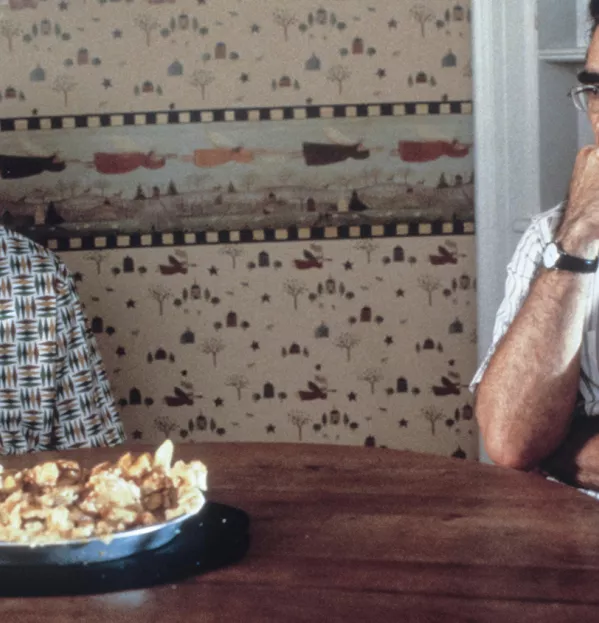How to handle unexpected questions

A friend of mine recently decided that it was time to have a chat with his teenage son about the dangers of pornography. He psyched himself up, launched straight into the conversation and was halfway through it before his son stopped him to ask a question.
“Dad, what is pornography?”
In his eagerness to protect his son against what he might have been exposed to online, it never occurred to my friend that his son would still be innocent about the very basics.
Conversations about sensitive subjects are never easy, not least because young people will always find a way to surprise you. At our school, the cultural studies team has overall responsibility for PSHE. This faculty takes the lead in sex and relationships education (SRE), which means that these topics are taught by subject experts.
This is not the case in every school, but you do need expert help if you are teaching in this area; SRE requires subject specialists as much as English, maths or science does. If you are being asked to cover aspects of SRE as part of the curriculum or tutor time and feel ill-equipped to deliver the lessons, it’s essential that you request training first.
If students ask questions, it means they are looking for support
However, as a form tutor and English teacher, I know there will be times when students will ask questions without warning and you may find yourself having an unplanned conversation about an issue that really belongs in an SRE lesson.
In these situations, teachers need to strike a balance between protecting student’s innocence and making sure they are equipped with the knowledge they need to make sense of difficult topics. From speaking to experts and from my own classroom experience, I would offer the following advice for when unexpected questions arise.
Foreground the emotional aspects of relationships
You might not be a sex education expert, but you can model the fundamentals of positive relationships through your own behaviour and in every action. Discuss aspects of positive friendships and relationships such as respect, kindness and equality. If these essentials are understood and young people are emotionally secure, they will be less likely to engage in unhealthy behaviour and relationships, whether in real life or online. This may be the single most important thing you can do, especially if students do not have these role models or this security at home.
Don’t shut down genuine questions
Don’t be afraid of discussing topics around relationships and sexuality. If students ask questions, it means that they are looking for support and information. A question may simply need a straight answer, or it may, in some cases, result in a referral to child protection. Listen and be open rather than closing down conversations through fear of not knowing how to answer. If in doubt, less is more. You can always say you don’t have the expertise to answer that question and refer the student to a PSHE specialist or member of child protection staff.
Report conversations
If you do feel able to answer a question, do so honestly and factually. Remember to keep your response age-appropriate, though. And it is good practice to report any such conversations to your child protection team to protect yourself and your students. This will also flag up that there may be a need for more information on the topic you were asked about; an assembly or tutorial could be planned to cover it for the whole age group.
Be aware of your adult perspective
For every child who may have viewed inappropriate material, there will be many who won’t have. Students may talk about things they know nothing about in order to impress their peer group. Child protection involves preserving innocence through not revealing inappropriate information as much as it does through providing information. Always be guided by the experts on what to reveal, when and how.
Stephanie Keenan is curriculum leader for English and literacy at Ruislip High School in London. She blogs at mskeenanlearns.wordpress.com and tweets as @stephanootis
You need a Tes subscription to read this article
Subscribe now to read this article and get other subscriber-only content:
- Unlimited access to all Tes magazine content
- Exclusive subscriber-only stories
- Award-winning email newsletters
Already a subscriber? Log in
You need a subscription to read this article
Subscribe now to read this article and get other subscriber-only content, including:
- Unlimited access to all Tes magazine content
- Exclusive subscriber-only stories
- Award-winning email newsletters